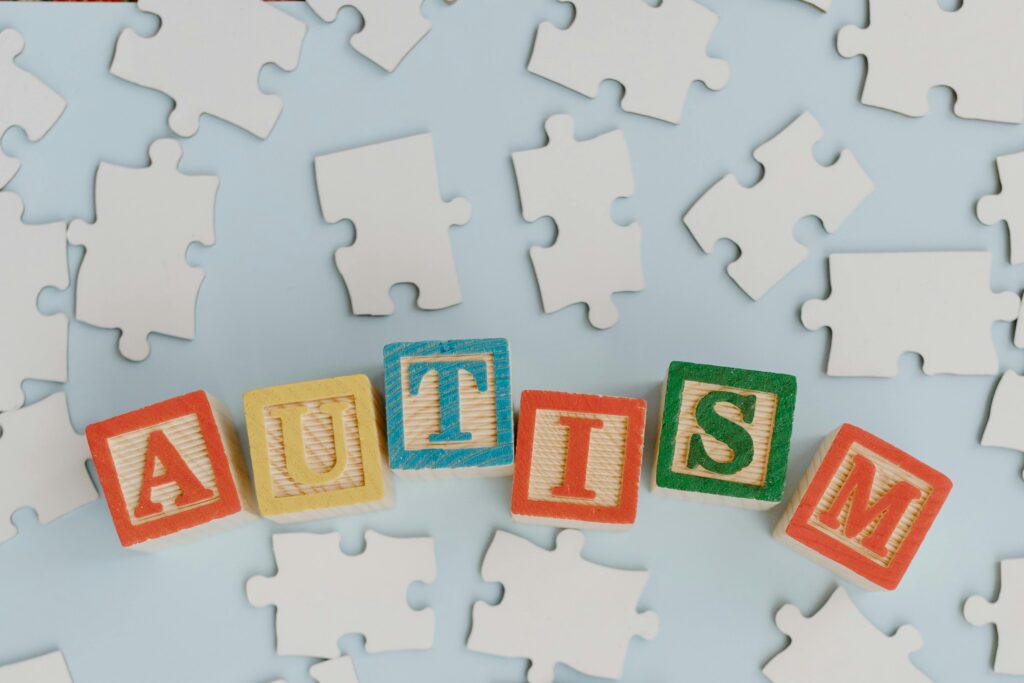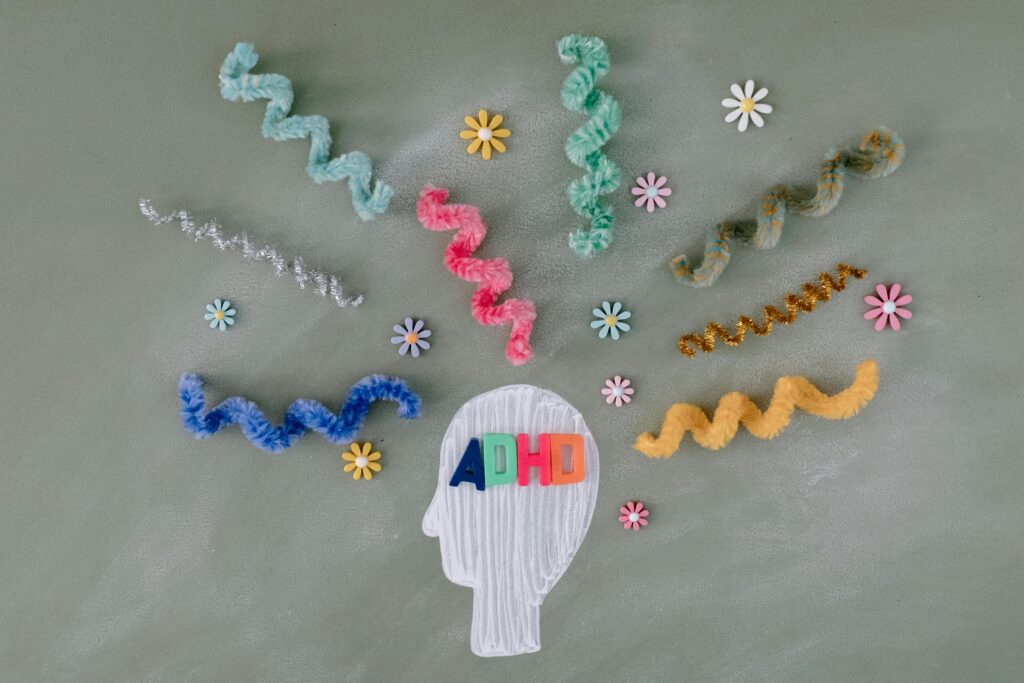- Autism Assessment
- ADHD Assessment
- Intellectual Assessment
- Positive Approach for Behavioral Intervention
- Strategy Development for Emotional Regulation
- School Consultation

Autism Assessment (Child and Adult)
This type of assessment is used to determine if an individual meets the diagnostic criteria for an Autism Spectrum Disorder (ASD) diagnosis. The assessment looks at social communication, behavior, and other relevant factors in relation to overall intellectual and developmental functioning. Whether you are seeking clarity for a child, adolescent, or adult, this formal diagnostic assessment helps identify patterns of strengths and challenges. Depending on the diagnostic outcome, it may also open doors to additional supports.
Assessments may involve both direct and indirect components. Direct work includes clinical interviews, standardized assessments, observational sessions (which may include play-based or functional assessments), and debriefing meetings to share impressions. Indirect work involves reviewing relevant documentation, completing and scoring questionnaires, identifying strategies and recommendations, and preparing a comprehensive report. Information from previous assessments and insights from community partners may also be incorporated.
As every individual presents with a unique set of concerns, we will collaborate to discuss your specific goals for the assessment. Together, we will create a personalized assessment plan tailored to meet those needs, ensuring that the process is meaningful and provides valuable insights for ongoing support and growth.
Assessment may include:
- An Intellectual Assessment
- Autism Diagnostic Intervention Schedule-2 (ADOS-2)
- Questionnaires

ADHD Assessment
Young children can often present with a high activity level and a shorter attention span. As they get older their ability to sit, listen and actively participate in structured learning often improves due to developmental progress and repeated experience managing these types of expectations. We become concerned when behaviors of inattention, motor restlessness, impulsivity and distractibility begin to interfere with your child’s ability to successfully manage activities of daily living, classroom learning and socializing opportunities. If this occurs, a formal assessment could be helpful to identify the specific problem areas, as well as positive interventions.
Assessment may include:
- An Intellectual Assessment
- Behavioral Questionnaire (Parent and School)
- Adaptive Functioning Questionnaire (Parent and School)
- Classroom Observation

Intellectual Assessment
If you or the school have a concern regarding your child’s developmental progress, formal assessment can be completed to establish a concrete understanding of their overall level of early cognitive, intellectual, and academic functioning. This would include identifying a pattern of strengths and challenges that could better inform a parenting approach and/or determine whether your child may be able to access additional supports within their school system.
An assessment may also be completed to evaluate giftedness.
Assessment also may include:
- Wechsler Preschool and Primary Scale of Intelligence – Fourth Edition (WPPSI-IV)
- Wechsler Intelligence Scale for Children – Fifth Edition (WISC-V)
- Wechsler Individual Achievement Test – Third Edition (WIAT-III)
- Adaptive Functioning Questionnaire (Parent and School)

Positive Approach for
Behavioral Intervention
Some of the behaviors you may be facing with your child include tantrums, aggression, refusals, difficulty waiting, impulsivity, distractibility, inattention, low frustration tolerance, anxiety and rigid thinking. When considering a child’s behavioral presentation, it is important to think about how developmental, mental health and environmental factors (I.e. home and school) play a role. Further exploration might involve clinical interview with parents and/or the school team, behavioral questionnaire and possibly even an assessment of intellectual ability, to determine if there are any learning challenges that might be contributing to the behavioral presentation. By developing a better understanding of potential triggers, I can work with you to create specific, positive behavioral strategies that will set you and your child up for success. Parents are the most important people in their children’s lives and a better understanding of their behavioral patterns will help you feel more confident in the intervention you choose and foster a more positive relationship with your child.

Strategy Development for
Emotional Regulation
Young children can benefit from adult support when trying to make sense of how they feel and how to manage their emotions in a productive way. Children who can regulate their emotions are better able to manage stress, problem solve breakdowns in social interaction and create positive relationships. I can help parents begin the process of encouraging their child to manage their feelings before the emotional response escalates to a meltdown.

School Consultation
Children spend much of their day learning and socializing within the context of their school environment where developmental, social, emotional and behavioral challenges can occur. Through consultation with parents and school staff, I can work towards identifying specific interventions that may be useful within the group setting.
